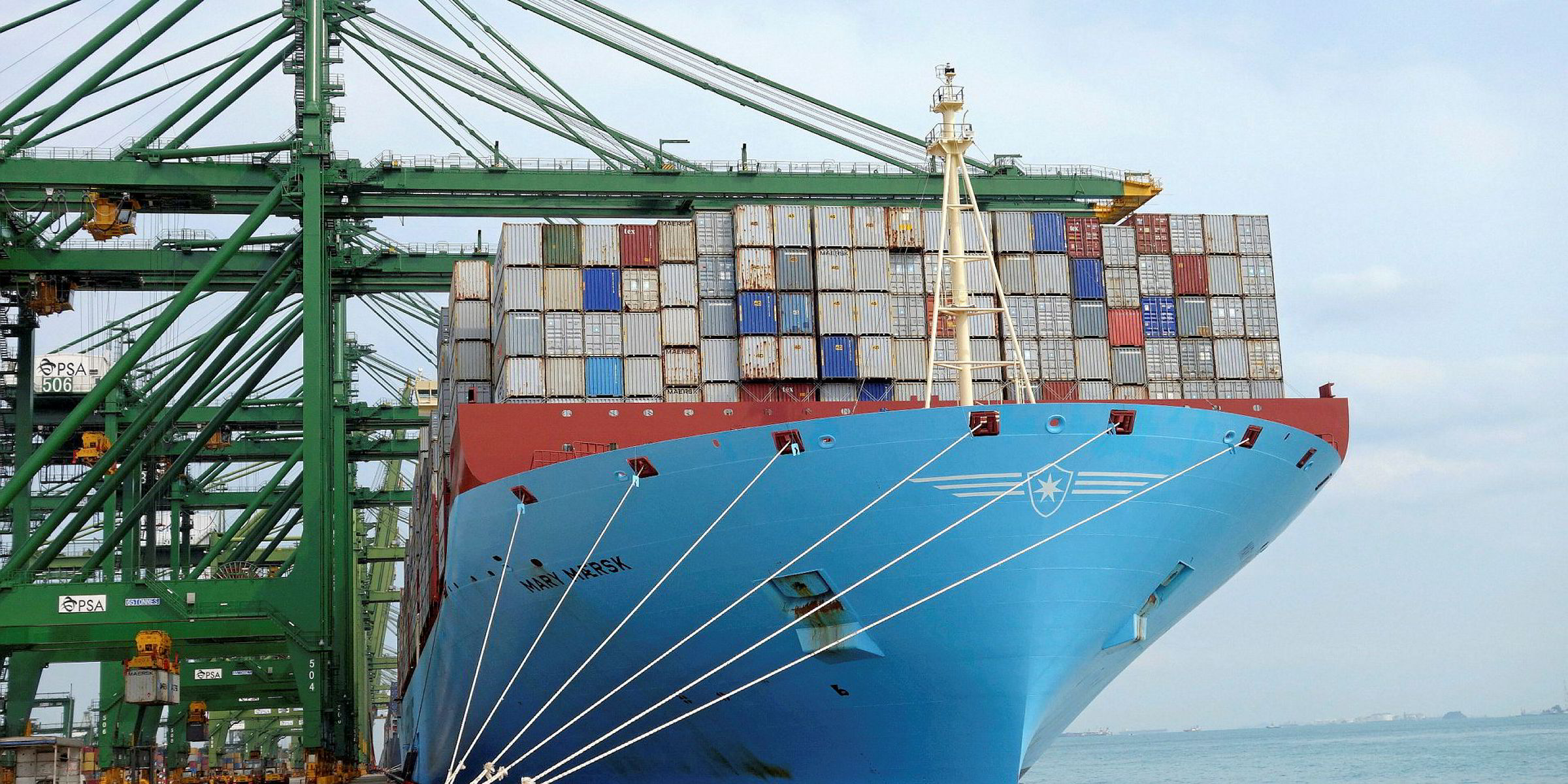The head of the main trade body representing US tug owners raised the spectre of anti-competitive behaviour among containership alliances in congressional testimony today.
But the boxship industry dismissed those concerns, saying the industry faces enough oversight and the greater buying power ultimately benefits US consumers.
The concern about market concentration come as the Federal Maritime Commission (FMC) declines to approve the joint service agreement between Japan’s NYK, MOL and K Line.
The trio had hoped to start offering a joint shipping service this week. But the FMC said the agreement as written was closer to a full merger, which requires the approval of the US Department of Justice (DOJ).
The DOJ, too, has been concerned about increased buying power of the containership alliances. In March, it served subpoenas to the US offices of Maersk Line, Hapag-Lloyd, MSC, Evergreen and OOCL with regard to price fixing.
Testifying before the House Transportation Committee, Thomas Allegretti, president of The American Waterways Operators (AWO), said the FMC is being lax in its oversight of the competitive power of shipping alliances.
He cited a deal between car carrier operators as setting a dangerous precedent. In January, the FMC approved an agreement between Wallenius Wilhelmsen Logistics, Eukor, American Roll-on Roll-off Carrier, and Hyundai Glovis to allow them to enter joint contracts with regard to tug services.
The proposed deal between NYK, MOL and K Line included similar language. Allegretti says the recent subpoenas shows the DOJ is taking the issue seriously.
“Over the AWO’s objections, the FMC allowed the amendment to take effect,” Allegretti said. “It is fundamentally unfair and uncompetitive to the US maritime industry to skew the playing field toward massive foreign conglomerates.”
Congressman John Garamendi, who represents the district serving part of northern California, said he was “troubled by language in the containership alliances that allows them to collude.” He says the Committee may push the FMC to eliminate such joint purchasing agreements from future alliances.
But John Butler, who heads the World Shipping Council, said the FMC already has the ability to reject a vessel sharing agreement if it believes it will not be competitive. In addition, the DOJ can also investigate whether there is anti-competitive behaviour in a market.
Butler says the existing alliance agreements have language that limits collusion. The 2M agreement with the FMC says Maersk and MSC will “negotiate independently” and “enter into separate individual contracts” for tug services, stevedoring and terminal space.
Likewise, THE Alliance’s agreement with the FMC says the members will only jointly negotiate tug services “provided they are procured outside the United States.” The Ocean Alliance’s agreement with the FMC also calls for each party to negotiate independently with tug operators.
Butler says the ability of containership line to enter into alliances is the best way the industry can find efficiencies amid historically low shipping rates. Moreover, he says the joint procurement deals between carriers “can result in lower costs and better services for US importers, exporters, and consumers.”



